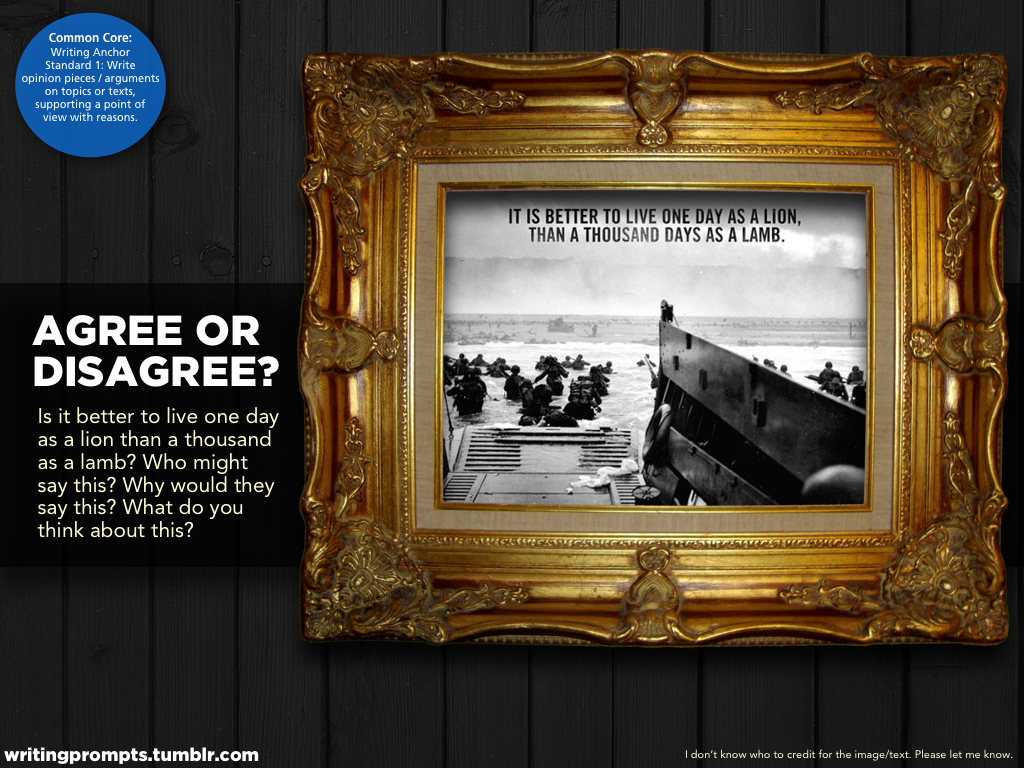February 16, 2018
Analyze the impact of the author's choices regarding how to develop and relate elements of a story or drama (e.g., where a story is set, how the action is ordered, how the characters are introduced and developed).
Analyze multiple interpretations of a story, drama, or poem (e.g., recorded or live production of a play or recorded novel or poetry), evaluating how each version interprets the source text. (Include at least one play by Shakespeare and one play by an American dramatist.)
EQ: Analyze how Shakespeare's choices impact character development.
Starter:
Free Write Friday!

Vocabulary:
Term: Round Character
Part of Speech: Noun
Dictionary Definition: character in a novel, play or story with a complex personality.
Your Definition:
Activity: Give an example of a round character.
Term: Flat Character
Part of Speech: Noun
Dictionary Definition: character in fiction that does not change too much from the start of thenarrative to its end. Flat characters are often said not to have any emotional depths.
Your Definition:
Activity: Give an example of a flat character.

Activity:
1. Independent Reading Check In
2. Hamlet's Soliloquy Presentations
With a partner, translate the lines into a language that is understandable to you.
You may use any sort of style that is suitable for you and your partner.
When complete, think about the overall mental state of Hamlet.
Answer: What does this soliloquy reveal about his mental state?
To be, or not to be: that is the question:
Whether 'tis nobler in the mind to suffer
The slings and arrows of outrageous fortune,
Or to take arms against a sea of troubles,
And by opposing end them?
To die: to sleep; No more;
and by a sleep to say we end
The heart-ache and the thousand natural shocks
That flesh is heir to, 'tis a consummation
Devoutly to be wish'd.
To die, to sleep; To sleep: perchance to dream:
ay, there's the rub;
For in that sleep of death what dreams may come
When we have shuffled off this mortal coil,
Must give us pause: there's the respect
That makes calamity of so long life;
For who would bear the whips and scorns of time,
The oppressor's wrong, the proud man's contumely,
The pangs of despised love, the law's delay,
The insolence of office and the spurns
That patient merit of the unworthy takes,
When he himself might his quietus make
With a bare bodkin? who would fardels bear,
To grunt and sweat under a weary life,
But that the dread of something after death,
The undiscover'd country from whose bourn
No traveller returns, puzzles the will
And makes us rather bear those ills we have
Than fly to others that we know not of?
Thus conscience does make cowards of us all;
And thus the native hue of resolutions
sicklied o'er with the pale cast of thought,
And enterprises of great pith and moment
With this regard their currents turn awry,
And lose the name of action.-
Soft you now! The fair Ophelia!
Nymph, in thy orisons Be all my sins remember'd
3. TPEQEA
Psychoanalyze Hamlet.
Determine whether he is motivated by his id, ego, or superego, and support your claim using textual evidence.
4. Hamlet Act Three, Scene Two
Hamlet
First Player
Polonius
Rosencrantz
Guildenstern
Horatio
Claudius
Ophelia
Player King
Player Queen
Lucianus
Prologue
Gertrude
Prologue
Gertrude
Discussion Questions
Analyze the interaction between Hamlet and Ophelia, and describe both of their mental, emotional, and physical states.
Summarize the play acted out for the king and queen.
Critique the effectiveness of Hamlet's plan.
Analyze what the recorder represents with Rosencrantz and Guildenstern.
Analyze what the recorder represents with Rosencrantz and Guildenstern.
Closure:
Predict what Hamlet will do next based on the play.
No comments:
Post a Comment